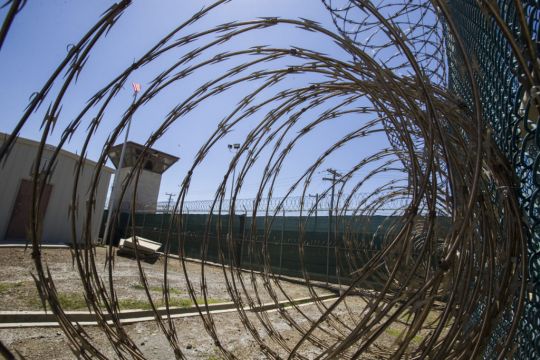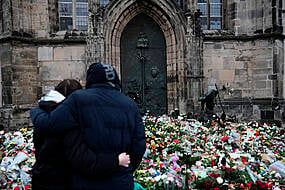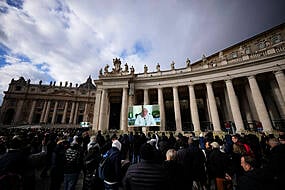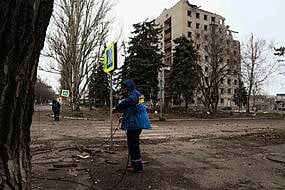President Joe Biden will seek to close the prison on the US base at Guantanamo Bay following a review process, resuming a project begun under the Obama administration, the White House said.
White House press secretary Jen Psaki said it was the “intention” of the Biden administration to close the detention facility, something President Barack Obama pledged to do within a year of taking office in January 2009.
Ms Psaki gave no timeline, telling reporters that the formal review would be “robust” and would require the participation of officials from the Department of Defence, the Justice Department and other agencies who have not yet been appointed under the new administration.

“There are many players from different agencies who need to be part of this policy discussion about the steps forward,” she said.
Mr Obama ran into intense domestic political opposition when he attempted to close the detention centre, a notorious symbol of the US fight against terrorism.
But President Biden may have more leeway now that there are only 40 prisoners left and Guantanamo draws much less public attention.
The US opened the detention centre in January 2002 to hold people suspected of ties to al-Qaeda and the Taliban.
It became a source of international criticism over the mistreatment of prisoners and the prolonged imprisonment of people without charge.
The announcement of the closure plan, first reported by Reuters, was not unexpected. President Biden had said as a candidate he supported closing the detention centre.
Defence Secretary Lloyd Austin said so as well in written testimony for his Senate confirmation.
“Guantanamo has provided us the capability to conduct law of war detention in order to keep our enemies off the battlefield, but I believe it is time for the detention facility at Guantanamo to close,” Mr Austin said.
“My understanding is that the Biden-Harris administration does not intend to bring new detainees to the facility and will seek to close it.”
The 40 remaining prisoners at Guantanamo include five who were previously cleared for release through an intensive review process created under Mr Obama as part of the effort to close the detention centre and transfer the remaining prisoners to US facilities.
At its peak in 2003, the detention centre at the Navy base on the south-east tip of Cuba held nearly 680 prisoners. Amid the international outrage, George W Bush called it a “a propaganda tool for our enemies and a distraction for our allies” and said he supported closing it but left it to his successor.
Under Mr Bush, the US began efforts to prosecute some of the prisoners for war crimes in special tribunals known as military commissions, but the government also released 532 prisoners.







